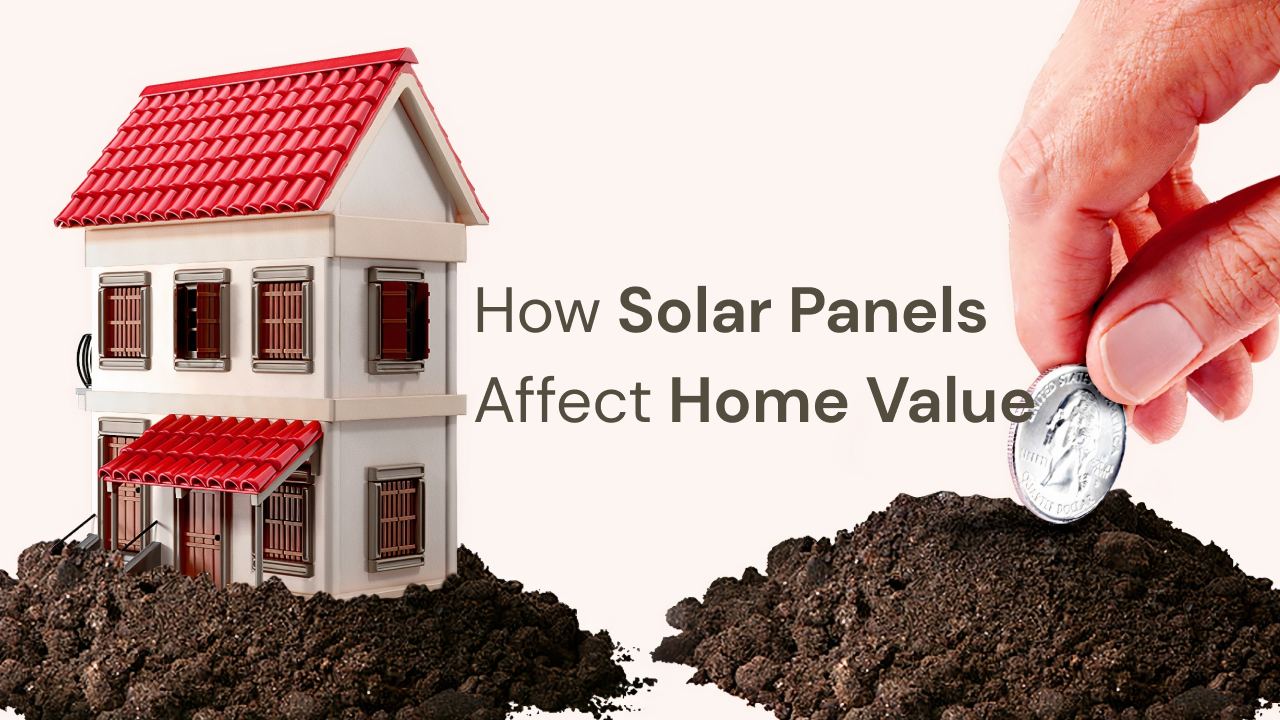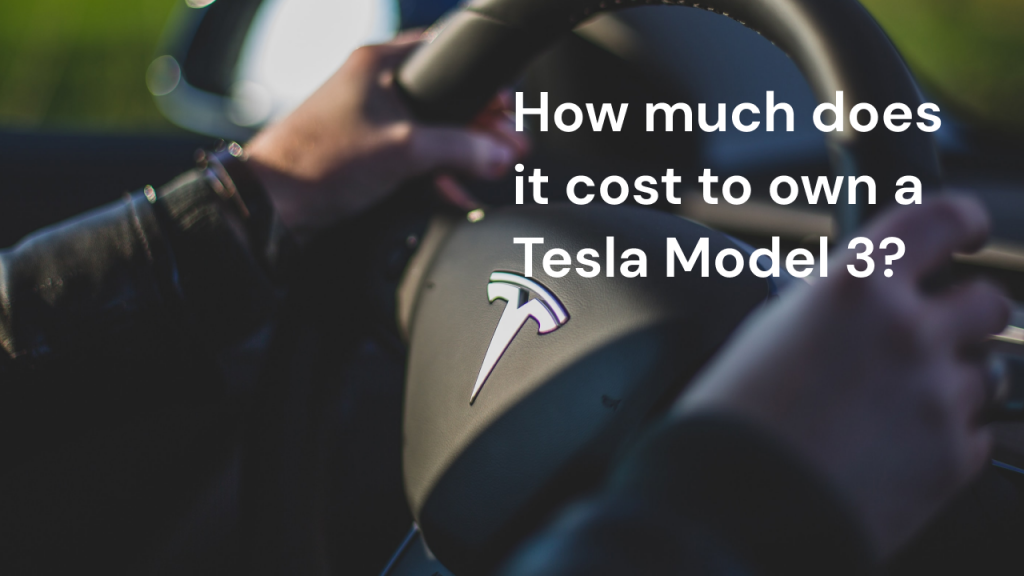Many are concerned that getting solar panels will make their home harder to sell. In reality, the opposite is usually true: going solar will usually help your home sell more quickly and for more money. In this article, we’ll demonstrate this by summarizing a couple of studies focusing from the past decade. In addition, we will see how the increase in home value from solar does not mean higher taxes in Florida.
But first, what are other the other economic impacts of going solar?
Economics of Going Solar
There are many reasons for a home or commercial building owner to go solar. Generally, the key factor that convinces people to go solar is money savings. Over the lifetime of a solar array, it can save the homeowner up to $50,000. This is possible because the price of solar is fixed, while utility rates increase over time. Plus, by financing solar, monthly loan payments are designed to be less than or equal to the electric bill they are replacing from day one. Learn more in our Complete Guide to the Economics of Solar in Florida.
Not convinced? I also suggest checking out this guide to the Risks of Solar.
Effect of Solar Panels on Home Resale Value
Unlike analyzing solar’s return on investment from the perspective of paying for energy, quantifying its effect on resale value requires statistical analysis. Luckily, as solar becomes more popular, more and more studies on its effects are being published. Since it is difficult to isolate the effect of solar (or any other home feature) on resale value, large numbers of home sales must be analyzed. This allows researchers to isolate the effect of solar panels.
Selling into the Sun Report
An early study of this type was conducted by the US Department of Energy, Berkeley Lab in 2015. The report, called Selling into the Sun, can be summarized with one sentence: “…home buyers consistently have been willing to pay more for homes with host-owned solar PV energy systems – averaging about $4 per watt of PV installed…”. This means that if a homeowner has installed solar PV for their home for anything less than $4 per watt, they will instantaneously increase the value of their home by more than the cost of the installed system. These days, solar in Florida is much cheaper than $4 per watt.
2020 Zillow Report
More recently, a Zillow report from 2019 found that homes with solar sell for an average of 4.1% more than homes without solar. In Orlando, the average home with solar sells for 4.6% more. And with 80% of homebuyers stating that energy efficiency is important for their buying decision, homes with solar are likely to sell more quickly.
What About Property Taxes?
Okay, so a home with solar will sell for more, but doesn’t this mean they will be liable for greater property tax? Luckily, the answer is no. Solar in Florida is exempt from property tax assessment. Therefore the increase in home value from going solar doesn’t translate into higher property taxes. This is one of two statewide incentives for solar in Florida.
Home Value and Solar Return on Investment
A common concern from homeowners when it comes to solar is uncertainty about how long they plan on staying in the home. This is a valid concern since from an energy savings perspective, a cash-purchased solar array can take 5-7 years to pay itself back. However, since solar increases home resale value, solar is a good investment whether or not the homeowner plans to stay.
Solar and the Logistics of Selling a Home
Last, we look at the effect of solar on the logistics of selling a home. How homes with solar are sold depends on whether the homeowner owns the solar system outright or has a loan for the system.
If the homeowner owns the system outright, no additional considerations are necessary. The solar array is simply sold with the home.
If the solar system is financed, it matters whether the loan is a traditional personal loan or a Property Assessed Clean Energy (PACE) loan. If it’s a PACE loan, the loan follows the house, so the homebuyer will accept the liability of the loan and will have ownership of the solar array. If it’s a personal loan, the loan must be closed to sell the house. This can occur as part of the home sale or in advance if the seller has the capital to close the loan. Luckily, the increase in resale value from the solar panels can be used by the seller to close the loan.
The conclusion is that installing solar will increase the home value by more than the cost of the system, as well as increase the ease and speed at which a home is sold. Solar PV need not only be for the homeowner who plans to stay in their home for many years and watch the solar investment return. Going solar is also appropriate for the house flipper, the developer, and the investor who rapidly buys and sells houses since it will add more value than cost, and set a house apart to other comparable homes for sale.




